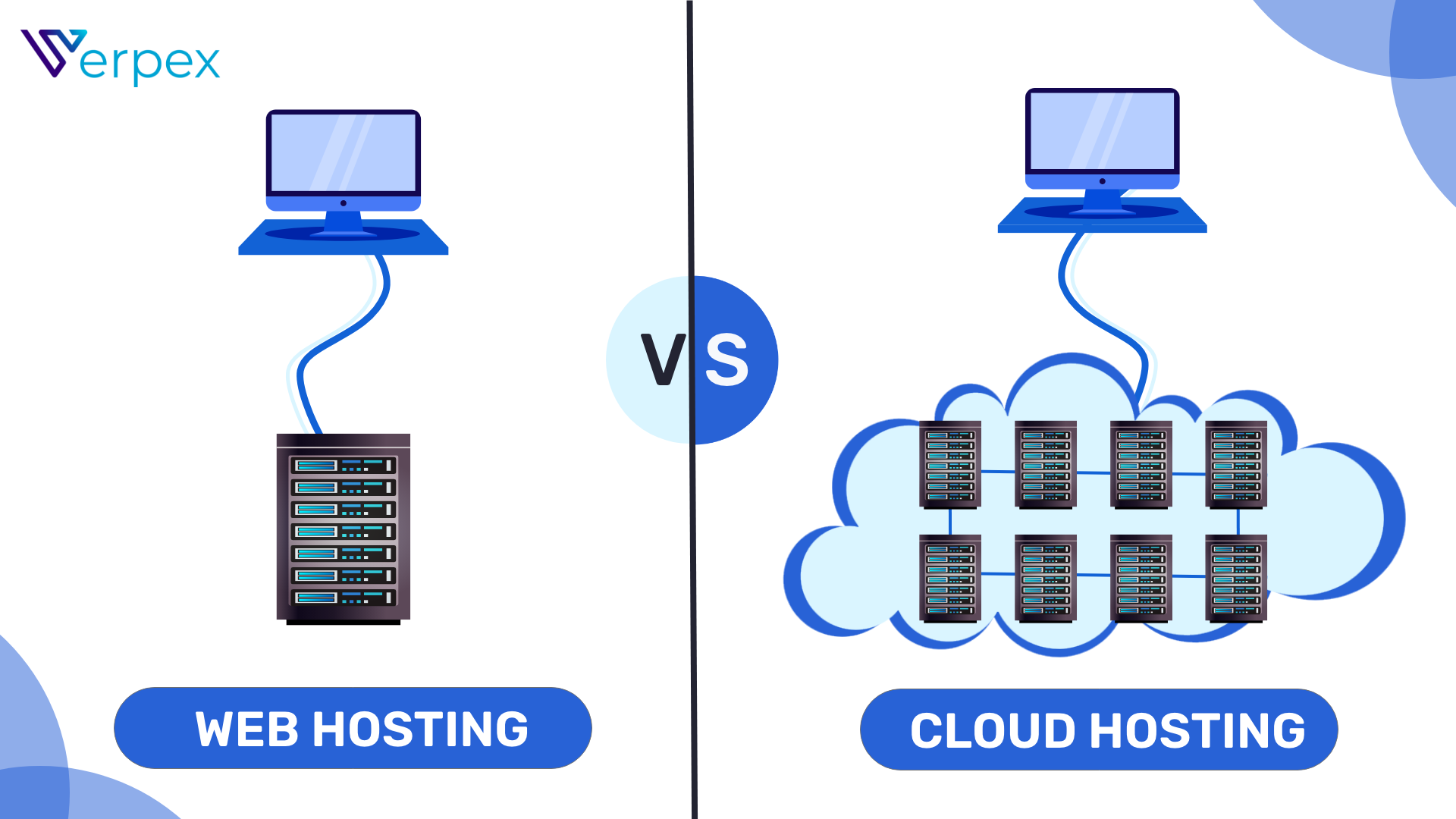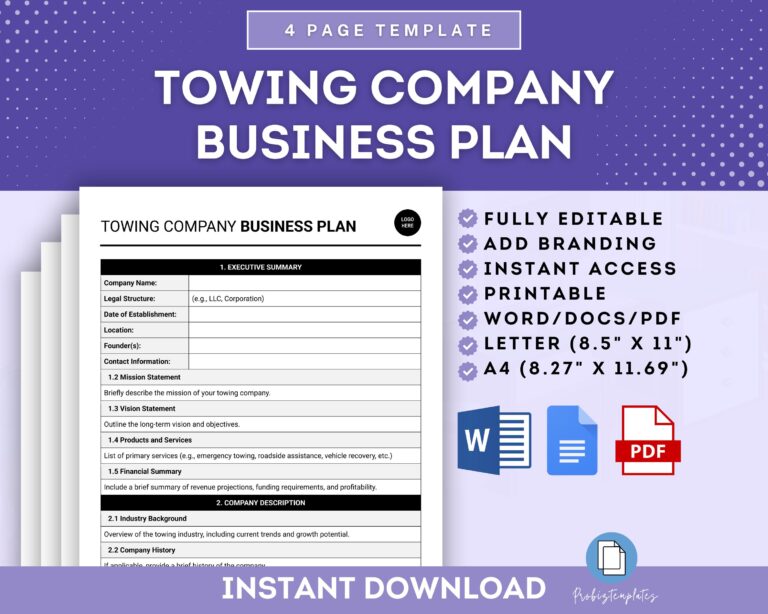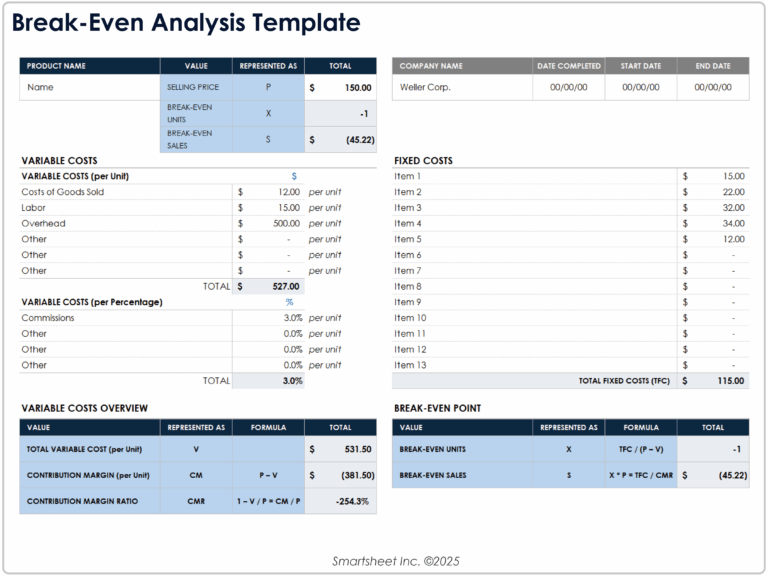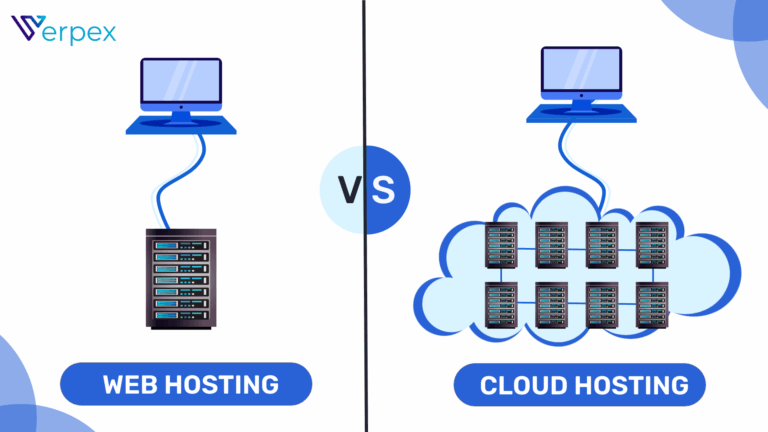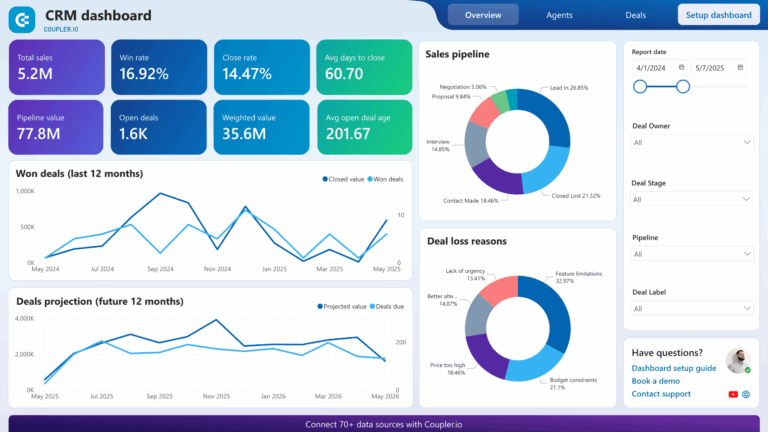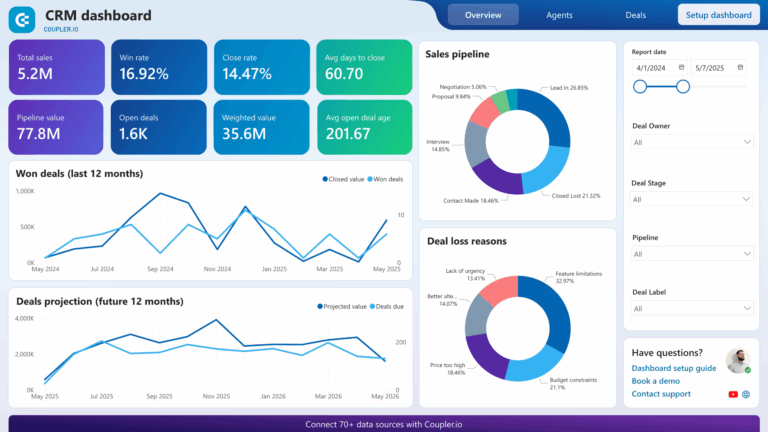The 7 Best Virtual Private Hosting Services of 2025
Choosing Your Digital Home: An Introduction to Web Hosting
Choosing the right web hosting service is a critical foundation for any successful website. Whether you’re a small business owner looking to establish your online presence, a blogger sharing your thoughts with the world, or a developer launching a web application, the hosting environment you choose can significantly impact your site’s performance, reliability, and security. However, the vast array of hosting options available today can be overwhelming. With numerous providers offering various plans, features, and pricing structures, it’s easy to feel confused about which option is best for your specific needs.
This guide aims to serve as a comprehensive resource for understanding the different types of web hosting available, including shared, VPS, dedicated, and cloud hosting. Each hosting type has its unique advantages and drawbacks, and knowing which one aligns with your goals is essential for making an informed decision. For instance, shared hosting can be an economical choice for beginners, but it may not provide the performance needed for high-traffic sites. Conversely, VPS hosting offers greater flexibility and resources, making it suitable for growing businesses, while dedicated hosting provides maximum control and performance for large-scale operations.
In addition to explaining the various hosting types, this guide will compare the top web hosting providers in the industry. We will evaluate their performance, pricing, customer support, and features to help you understand what each provider offers. By breaking down the offerings of each hosting service, we aim to eliminate the guesswork involved in selecting a provider that fits your needs.
Ultimately, the goal of this guide is to empower you with the knowledge required to navigate the complexities of web hosting. With this information at your fingertips, you will be equipped to make an informed choice that not only supports your website’s current requirements but also positions it for future growth. Whether you’re just starting or looking to switch providers, our insights will help you find the ideal digital home for your online endeavors.
The Best Virtual Private Hosting Providers of 2025
5. Contabo – Unbeatable Price-to-Performance for VPS in the US!
Contabo offers an exceptional VPS hosting service in the US, boasting a remarkable price-to-performance ratio starting at just $4.95. Ideal for budget-conscious developers and small businesses, it delivers reliable performance and stability, making it a top choice among lower-cost VPS providers. With a focus on affordability without compromising quality, Contabo is well-suited for users seeking effective solutions for hosting applications, websites, and more.
- Website: contabo.com
- Company Age: Approx. 13 years (domain registered in 2012)
What is Web Hosting? A Plain English Guide
Web hosting is essentially the service that allows individuals and businesses to make their websites accessible on the internet. Think of it like renting a space for your house. Just as you need a physical location to build your home and live in it, a website requires a digital space on the internet to exist.
When you create a website, all of its files (like images, text, and videos) need to be stored somewhere. This storage space is provided by a web hosting service, which keeps your website files on a server—a powerful computer designed to deliver your website to visitors around the world.
What is a Server?
A server is like the land where your house is built. It is a powerful computer that stores all the data, files, and applications required for your website. When someone wants to visit your website, their computer sends a request to the server where your website is hosted. The server then sends back the necessary files, allowing the visitor’s browser to display your website.
Just as different types of houses can be built on various plots of land, there are different types of servers available for hosting websites. Some servers are designed for shared hosting, where multiple websites share the same server resources, while others are dedicated servers, providing all the resources to a single website. There are also virtual private servers (VPS), which combine elements of both shared and dedicated hosting, allowing for more flexibility and control.
How Do Domains and Hosting Connect?
To understand the connection between domains and hosting, imagine that your domain name is the address of your house. When someone wants to visit your home, they need to know the address to get there. Similarly, your domain name (like www.yourbusiness.com) is the web address people type into their browsers to access your website.
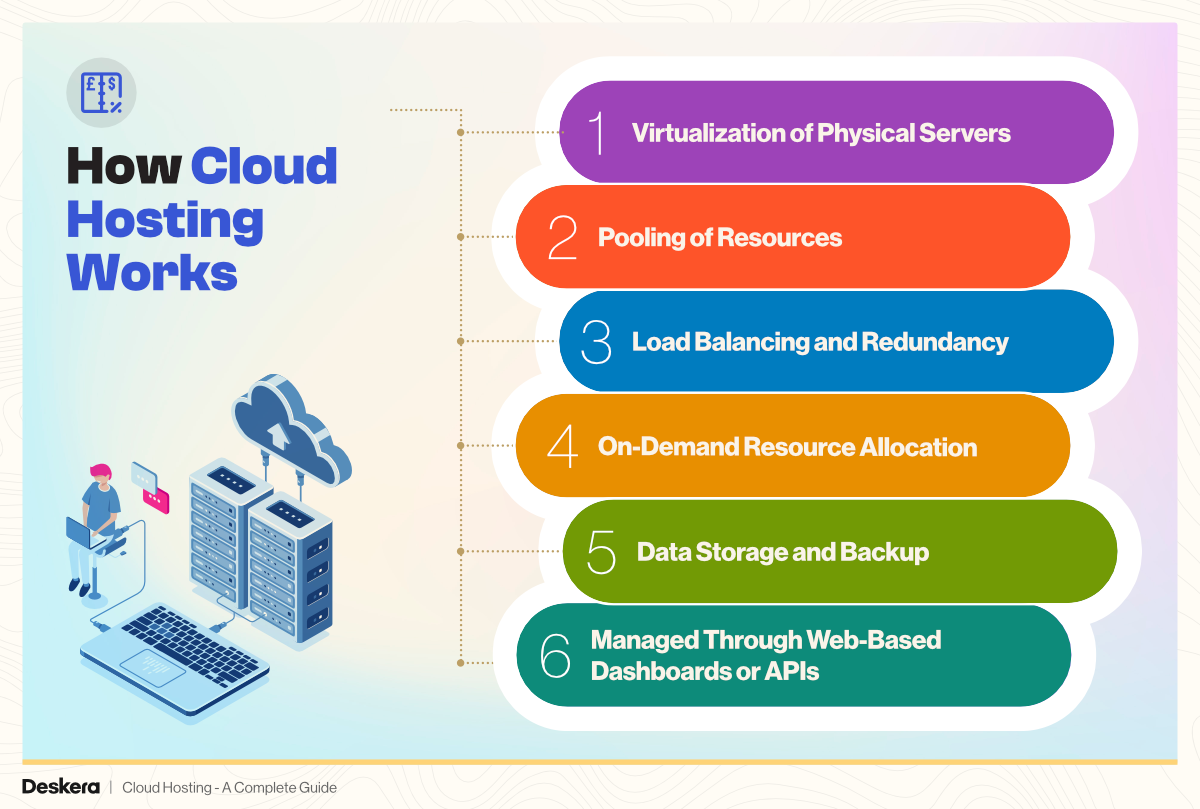
When you register a domain name, it needs to be linked to your hosting service. This process is akin to putting a sign with your address outside your house. The domain points visitors to the correct server where your website files are stored. Once the connection is established, anyone who enters your domain name into their browser will be directed to the server, where your website is hosted.
Why Do I Need a Hosting Service?
You might wonder why you can’t just keep your website files on your own computer and be done with it. While it’s technically possible to host a website from your personal computer, there are several reasons why using a hosting service is a better choice:
-
Accessibility: Hosting services ensure that your website is accessible to anyone, anywhere, at any time. If you hosted your site on your home computer, it would only be accessible when your computer is on and connected to the internet.
-
Performance: Hosting services use powerful servers that are optimized for speed and performance. They can handle many visitors at once, which is crucial if your website starts to gain traffic. A personal computer simply doesn’t have the same capabilities.
-
Security: Hosting providers implement security measures to protect your website from cyber threats. They offer features like SSL certificates, firewalls, and regular backups, which are essential for keeping your site safe.

-
Support: Most hosting services provide customer support to help you with any issues that may arise. This is especially important for small business owners and bloggers who may not have technical expertise.
-
Scalability: As your website grows, you may need more resources. Hosting services offer various plans that allow you to upgrade your hosting as your needs change, ensuring your website can grow alongside your business.
In conclusion, web hosting is an essential service that provides the space and resources necessary for your website to thrive on the internet. By understanding how hosting works and its importance, you can make informed decisions about which hosting service is right for your needs, whether you’re a small business owner, blogger, or developer just starting out.
Types of Web Hosting: A Detailed Comparison
| Hosting Type | Best For | Performance | Price Range | Key Pro | Key Con |
|---|---|---|---|---|---|
| Shared Hosting | Beginners, small blogs, personal sites | Basic performance, limited resources | $2 – $15/month | Cost-effective, easy to set up | Limited resources, less control |
| VPS Hosting | Growing websites, small businesses | Better performance, dedicated resources | $5 – $100/month | More control and resources than shared | Requires some technical knowledge |
| Dedicated Server Hosting | Large businesses, high-traffic sites | High performance, full resources | $80 – $500/month | Complete control and customization | Expensive, requires management |
| Cloud Hosting | Websites with variable traffic | Scalable, reliable performance | $10 – $300/month | Flexible scaling, high availability | Can be complex to manage |
| Managed WordPress Hosting | WordPress users | Optimized for WordPress | $15 – $300/month | Hassle-free management, optimized speed | More expensive than shared hosting |
Shared Hosting
What It Is:
Shared hosting is a type of web hosting where multiple websites are hosted on a single server. This means that the server’s resources (CPU, RAM, disk space) are shared among all users, making it an economical option.
Who Should Use It:
Shared hosting is best suited for beginners, personal blogs, and small websites that do not expect high traffic. It’s an ideal choice for individuals or small businesses looking to establish an online presence without a significant investment.
Pros:
– Cost-Effective: Shared hosting plans are typically very affordable, often starting as low as $2 to $5 per month.
– Easy to Set Up: Most providers offer user-friendly control panels (like cPanel) that simplify the website setup process.
– Maintenance: The hosting provider takes care of server maintenance, security updates, and backups, allowing users to focus on their website content.
Cons:
– Limited Resources: Since resources are shared, if one website experiences high traffic, it can slow down or affect the performance of others on the same server.
– Less Control: Users have limited access to server settings, which can restrict customization and the installation of certain applications.
– Security Risks: Sharing a server with multiple sites can increase the risk of security vulnerabilities if one site is compromised.
VPS Hosting
What It Is:
Virtual Private Server (VPS) hosting divides a physical server into multiple virtual servers, each with dedicated resources. This offers more control and flexibility compared to shared hosting.
Who Should Use It:
VPS hosting is ideal for growing websites, small to medium-sized businesses, and developers who need more resources and control without the expense of dedicated hosting.
Pros:
– Dedicated Resources: Users get a specified amount of CPU, RAM, and storage, which improves performance and reliability.
– Greater Control: VPS hosting allows users to install custom software and configure server settings.
– Scalability: Resources can be easily upgraded as the website grows, accommodating increased traffic without significant downtime.
Cons:
– Cost: VPS hosting is more expensive than shared hosting, with prices typically ranging from $5 to $100 per month.
– Technical Knowledge Required: Managing a VPS often requires more technical expertise, especially if opting for an unmanaged VPS.
– Limited Resources Compared to Dedicated: While VPS provides dedicated resources, they are still limited compared to a dedicated server.
Dedicated Server Hosting
What It Is:
Dedicated server hosting provides a physical server exclusively for one user or organization. This means all the server’s resources are dedicated to a single website or application.
Who Should Use It:
Dedicated server hosting is ideal for large businesses, e-commerce sites, and applications that require high performance, security, and control over the server environment.
Pros:
– High Performance: With all resources dedicated to a single user, performance is top-notch, handling high traffic and resource-intensive applications.
– Complete Control: Users have full access to the server, allowing for extensive customization and configuration.
– Enhanced Security: Dedicated servers offer better security as they are not shared with other users, reducing the risk of vulnerabilities.
Cons:
– High Cost: Dedicated hosting is significantly more expensive than shared or VPS hosting, with prices ranging from $80 to $500 per month.
– Management Required: Users are responsible for server management, including updates, security, and backups, which may require technical expertise.
– Overkill for Small Sites: For smaller websites, dedicated hosting may provide more resources than necessary, making it an inefficient choice.
Cloud Hosting
What It Is:
Cloud hosting utilizes multiple servers to host websites and applications, providing a scalable and flexible hosting environment. Resources are distributed across the cloud, allowing for high availability and reliability.
Who Should Use It:
Cloud hosting is suitable for businesses with fluctuating traffic, e-commerce sites, and developers needing a flexible environment that can scale as required.
Pros:
– Scalability: Resources can be easily adjusted based on demand, allowing websites to handle traffic spikes without downtime.
– Reliability: If one server goes down, the system can automatically switch to another server, ensuring continuous availability.
– Pay-as-You-Go Pricing: Many cloud hosting providers offer flexible pricing models, allowing users to pay only for the resources they use.
Cons:
– Complexity: Managing cloud hosting can be more complex than traditional hosting, requiring a better understanding of cloud technologies.
– Variable Costs: While the pay-as-you-go model can be cost-effective, costs can also escalate quickly with increased resource usage.
– Less Control: Depending on the provider, users may have limited control over server settings and configurations.
Managed WordPress Hosting
What It Is:
Managed WordPress hosting is a specialized hosting service designed specifically for WordPress websites. It typically includes features tailored to improve the performance, security, and management of WordPress sites.
Who Should Use It:
This type of hosting is perfect for WordPress users who want a hassle-free experience with optimized performance and don’t want to deal with technical aspects of hosting.
Pros:
– Optimized Performance: Managed WordPress hosts often use caching, CDN integration, and other technologies specifically designed to enhance WordPress performance.
– Automatic Updates: Providers usually take care of WordPress core updates, security patches, and backups, allowing users to focus on content creation.
– Enhanced Security: Managed WordPress hosts implement security measures specifically for WordPress, reducing the risk of vulnerabilities.
Cons:
– Higher Cost: Managed WordPress hosting can be more expensive than shared hosting, typically ranging from $15 to $300 per month.
– Limited to WordPress: This type of hosting is not suitable for non-WordPress sites, limiting flexibility.
– Less Control: Users may have less control over server settings and configurations compared to traditional hosting solutions.
In conclusion, the choice of web hosting depends on your specific needs, budget, and technical expertise. Understanding the different types of hosting available can help you make an informed decision that best suits your website requirements.
How to Choose a Hosting Provider: A 5-Point Buyer’s Guide
Performance and Uptime
When selecting a hosting provider, performance and uptime should be your top priorities. A reliable host ensures that your website is accessible to visitors 24/7, which is critical for maintaining traffic and credibility.
Why Performance Matters
Website performance is measured by how quickly your site loads and how efficiently it handles traffic. A slow-loading website can lead to high bounce rates and decreased user satisfaction. Furthermore, search engines like Google consider site speed as a ranking factor, meaning a faster site can improve your visibility in search results.
Key Metrics to Look For
- Uptime Guarantee: Look for providers that offer a minimum uptime guarantee of 99.9%. This means that the host commits to keeping your site online for the vast majority of the time. Anything less than this could result in significant downtime, which can be detrimental to your business.
- Load Speed: Seek out hosts that have a reputation for fast loading times. Ideally, you want your pages to load in under three seconds.
- Server Resources: Check the specifications of the hosting plans. Look for adequate CPU, RAM, and storage that can handle your site’s traffic and complexity. For example, if you expect high traffic, consider VPS or dedicated hosting plans that provide dedicated resources.
Customer Support
Customer support is another critical factor when choosing a hosting provider. Issues with your website can arise at any time, and having access to responsive and knowledgeable support can save you from prolonged downtime.
Why Customer Support is Important
Reliable customer support ensures that any technical issues can be resolved quickly. This is especially crucial for small business owners and bloggers who may not have extensive technical knowledge.
What to Look For
- Availability: Ensure that support is available 24/7. This means you can get help whenever you need it, regardless of your time zone.
- Support Channels: Look for multiple support channels such as live chat, email, and phone support. Live chat is often the fastest way to get help.
- Response Time: Research reviews to gauge the average response time. A host with a reputation for quick and effective responses is invaluable during emergencies.
- Knowledge Base: A robust knowledge base or FAQ section can be a helpful resource for troubleshooting common issues on your own.
Pricing and Renewal Rates
Pricing is a significant factor for many when choosing a hosting provider, but it’s essential to consider both the initial pricing and the renewal rates.
Why Pricing Matters
While low prices can be attractive, it’s crucial to understand what you’re getting for your money. Many hosting providers offer low introductory rates that significantly increase upon renewal.
Key Considerations
- Introductory vs. Renewal Pricing: Always check the renewal rates. Some providers may lure you in with low prices but have steep increases once your initial term expires. Look for transparency in pricing and consider the long-term costs.
- Hidden Fees: Be aware of any additional costs for essential services like SSL certificates, backups, or control panel access. These can add up quickly and impact your overall budget.
- Payment Plans: If possible, opt for a longer commitment (like one or three years) to lock in lower rates. However, ensure you are comfortable with the provider before making a long-term commitment.
Security Features (SSL, Backups)
Security should never be an afterthought when it comes to web hosting. A secure hosting environment protects your website and its users from potential threats.
Why Security is Essential
With increasing cyber threats, having robust security measures in place is crucial for protecting sensitive data, maintaining user trust, and complying with regulations such as GDPR.
What to Look For
- SSL Certificates: Ensure that the hosting provider offers free SSL certificates. SSL encrypts data transmitted between your website and its users, which is vital for e-commerce sites and any site handling personal information.
- Regular Backups: Confirm that the host provides regular backups of your website. This ensures that you can restore your site quickly in case of data loss due to hacking, server failure, or accidental deletion.
- Malware Scanning and Protection: Look for hosts that offer malware scanning and protection tools. Some providers also offer security plugins or services that can help monitor and protect your site from vulnerabilities.
- Firewall and DDoS Protection: A good hosting provider will implement firewalls and DDoS protection to safeguard against malicious attacks.
Scalability and Future Growth
As your business or blog grows, your hosting needs may change. Choosing a hosting provider that can scale with your growth is vital to ensure your website can handle increased traffic and additional features.
Why Scalability Matters
A host that offers scalable solutions allows you to upgrade your plan or resources without needing to migrate your site to a new provider. This can save you time and reduce the risk of downtime during the transition.
Factors to Consider
- Upgrade Options: Investigate the different hosting plans available. Ensure the provider offers a clear path for upgrading your plan as your needs evolve.
- Resource Allocation: Check if the provider allows you to allocate additional resources, such as RAM or storage, on demand. This flexibility can be invaluable during peak traffic periods.
- Managed Services: If you’re considering VPS or dedicated hosting, look for managed options. Managed services can take care of server management tasks, allowing you to focus on your website rather than technical maintenance.
Conclusion
Choosing the right hosting provider involves careful consideration of various factors, including performance, customer support, pricing, security, and scalability. By thoroughly researching and evaluating your options based on these key points, you can select a hosting provider that aligns with your needs and supports your website’s growth. Whether you’re a small business owner, blogger, or developer, making an informed choice will set the foundation for your online success.
Key Hosting Terms and Jargon Explained
cPanel
Definition:
cPanel is a web-based control panel used by many hosting providers to simplify the management of websites and servers. It provides a graphical interface and automation tools designed to make it easier for users to manage their websites without needing extensive technical knowledge.
Features:
- User-Friendly Interface: cPanel allows users to manage their hosting environment with an intuitive dashboard that includes icons for various functions.
- File Management: Users can upload, delete, and organize files on their server through an integrated file manager.
- Database Management: It provides tools for creating and managing databases, commonly using MySQL.
- Email Management: Users can set up and manage email accounts associated with their domain.
- Software Installation: cPanel often includes one-click installers for popular software like WordPress, making it easy to set up a website.
SSL Certificate
Definition:
An SSL (Secure Socket Layer) certificate is a digital certificate that authenticates the identity of a website and encrypts information sent to the server. It is essential for protecting sensitive data, such as credit card information and personal details, during transmission.
Importance:
- Data Security: SSL certificates encrypt data transferred between the user’s browser and the web server, preventing eavesdropping and tampering.
- Trust and Credibility: Websites with SSL certificates display a padlock icon in the address bar, indicating to visitors that their connection is secure. This boosts user trust.
- SEO Benefits: Search engines, like Google, favor secure websites and may rank them higher in search results.
Bandwidth and Data Transfer
Definition:
Bandwidth refers to the maximum amount of data that can be transmitted over a network in a given amount of time, usually measured in bits per second (bps). Data transfer, on the other hand, refers to the total amount of data transmitted to and from your website over a specific period, usually measured in gigabytes (GB).
Key Points:
- Monthly Data Transfer Limit: Many hosting plans have a monthly limit on data transfer. Exceeding this limit can result in additional charges or throttled speeds.
- Bandwidth vs. Data Transfer: While bandwidth is about the rate of data transfer, data transfer is the total volume of data sent and received.
- Impact on Performance: Higher bandwidth means your website can handle more visitors simultaneously without slowing down.
Storage (SSD vs. HDD)
Definition:
Storage refers to the space available on a server to store your website files, databases, emails, and other data. There are two main types of storage: SSD (Solid State Drive) and HDD (Hard Disk Drive).
SSD (Solid State Drive):
- Speed: SSDs are significantly faster than HDDs, leading to quicker loading times for websites.
- Reliability: SSDs have no moving parts, making them more durable and less prone to mechanical failure.
- Cost: Generally, SSDs are more expensive per gigabyte than HDDs.
HDD (Hard Disk Drive):
- Capacity: HDDs typically offer more storage capacity for the same price compared to SSDs.
- Performance: While they are slower than SSDs, they can still be suitable for less demanding applications.
- Cost-Effectiveness: HDDs may be a better choice for users with large storage needs on a budget.
Domain Name System (DNS)
Definition:
The Domain Name System (DNS) is a hierarchical system that translates human-readable domain names (like www.example.com) into IP addresses (like 192.0.2.1) that computers use to identify each other on the network.
Functionality:
- Domain Resolution: When a user types a domain name into their browser, DNS servers resolve that name to the corresponding IP address, directing the user to the correct website.
- Record Types: DNS includes various record types, such as A records (for pointing a domain to an IP address), CNAME records (for aliasing one domain to another), and MX records (for email routing).
- Propagation Time: Changes to DNS records can take time to propagate across the internet, typically ranging from a few minutes to 48 hours.
Uptime
Definition:
Uptime refers to the amount of time a web hosting server is operational and accessible to users. It is usually expressed as a percentage over a specified period (e.g., 99.9% uptime).
Importance:
- Reliability: High uptime percentages indicate that a web hosting service is reliable and minimizes downtime, which can lead to lost revenue and damage to reputation.
- Monitoring: Many hosting providers offer uptime monitoring tools, allowing users to track the availability of their websites.
- Service Level Agreements (SLAs): Some hosting providers offer guarantees regarding uptime, often promising compensation if their uptime falls below a certain threshold.
By understanding these key hosting terms, small business owners, bloggers, developers, and individuals starting a website can make more informed decisions when choosing web hosting services. Whether you are setting up your first website or managing a complex online business, familiarity with this jargon will empower you to navigate the hosting landscape effectively.
Frequently Asked Questions (FAQs)
1. Can I host my own website with a VPS?
Yes, you can host your own website using a Virtual Private Server (VPS). A VPS provides you with dedicated resources, including CPU, RAM, and storage, which allows you to run your website with greater control and performance compared to shared hosting. You’ll also have root access to install software, configure the server, and manage security settings according to your needs.
2. How much should I pay for VPS hosting?
The cost of VPS hosting can vary widely based on the provider and the specifications you choose. Generally, you can expect to pay anywhere from $5 to $60 per month for a basic VPS plan. More advanced plans with higher resources and additional features can cost upwards of $100 per month. It’s advisable to consider your website’s needs, such as expected traffic and resource requirements, when determining your budget.
3. What’s the difference between a domain and hosting?
A domain is your website’s address on the internet (e.g., www.example.com), while hosting refers to the service that stores your website’s files and makes them accessible on the internet. In simpler terms, think of a domain as the location of your house, and hosting as the actual house where your belongings (website content) are kept.
4. What are the benefits of using a VPS over shared hosting?
Using a VPS offers several advantages over shared hosting, including:
– Dedicated Resources: VPS plans allocate specific amounts of CPU, RAM, and storage to your website, ensuring consistent performance even during traffic spikes.
– Greater Control: With root access, you can install and configure software, manage security settings, and customize your server environment.
– Improved Security: VPS hosting is generally more secure than shared hosting, as you are isolated from other users on the server, reducing the risk of cross-site vulnerabilities.
5. Is VPS hosting suitable for small businesses?
Yes, VPS hosting is often an excellent choice for small businesses. It provides a balance between affordability and performance, allowing businesses to scale as they grow. With dedicated resources and better control over the server environment, small businesses can handle increasing traffic and resource demands without compromising performance.
6. Can I upgrade my VPS plan later?
Most VPS hosting providers allow you to upgrade your plan as your needs change. This flexibility means you can start with a lower-tier plan and easily scale up to a higher-tier plan with more resources when necessary. Be sure to check with your hosting provider about their upgrade options and any associated costs.
7. What kind of technical knowledge do I need for VPS hosting?
While some technical knowledge is beneficial, many VPS hosting providers offer managed services that handle server maintenance, updates, and security for you. If you choose an unmanaged VPS, you will need to be comfortable with server management, command-line interface usage, and basic networking concepts. If you’re not technically inclined, consider opting for a managed VPS where support is included.
8. What control panel options are available with VPS hosting?
VPS hosting typically offers various control panel options to manage your server. The most popular include cPanel, Plesk, and Webmin/Virtualmin. While cPanel is user-friendly and widely used, it often comes with additional licensing fees. Alternatives like Webmin are free but may have a steeper learning curve. Choose a control panel based on your comfort level and the specific features you need.
Conclusion: Making Your Final Decision
Understanding Your Unique Needs
Choosing the right web hosting service is not a one-size-fits-all decision. The “best” hosting provider for you will depend on a variety of factors, including your budget, the expected traffic to your site, and your technical skills. For instance, if you are just starting out with a personal blog or a small business website, a shared hosting plan might suffice. However, if you anticipate significant growth or require higher performance, a VPS or cloud hosting plan could be more suitable.
Key Considerations for Your Hosting Choice
When evaluating hosting options, consider the following critical factors:
-
Support: Look for providers that offer robust customer support. Whether through live chat, email, or phone, having access to knowledgeable support can save you time and stress.
-
Uptime: Ensure that the hosting service guarantees high uptime percentages. A reliable host should aim for at least 99.9% uptime, as downtime can negatively impact your website’s reputation and revenue.
-
Scalability: Choose a hosting plan that allows you to scale your resources as your needs grow. This flexibility is essential for adapting to traffic spikes and expanding your online presence without migrating to a different provider.
Take the Next Step with Confidence
Armed with the knowledge of your specific requirements and the key factors to consider, you can make an informed decision about your web hosting service. Don’t let the myriad of options overwhelm you; instead, view this as an exciting opportunity to kickstart your online project.
Whether you’re launching a blog, an e-commerce site, or a portfolio, the right hosting provider will empower you to focus on what you do best. Begin your journey today, and build your online presence with confidence!
Important Disclaimer
⚠️ Important Disclaimer
The information and reviews in this guide are for educational purposes, based on publicly available data and our own analysis. We are not affiliated with any hosting providers mentioned. Features, pricing, and performance change frequently. Always conduct your own research and check the provider’s official website before making a purchase.
